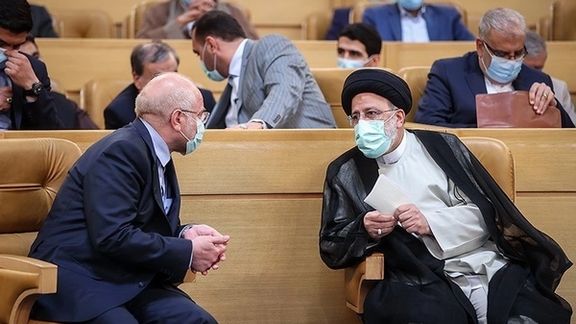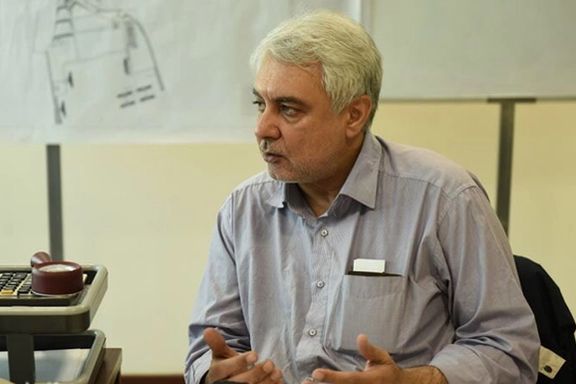The Economic ‘Black Hole’ That Threatens Iran's Future

Iran’s government-controlled economy closely intertwined with a closed political system represents a “black hole” according to a prominent journalist in Tehran.

Iran’s government-controlled economy closely intertwined with a closed political system represents a “black hole” according to a prominent journalist in Tehran.
Foroozan Asef Nakhaei says the Iranian Constitutional Law recognizes three forms for the economy, namely the government sector, private sector and cooperatives. But four decades after the 1979 Islamic Revolution, the economy is plagued by what many have dubbed as “Khosulati” [a combination of the words private and public in Persian] that could be vaguely translated as Private-Government sector.
These are enterprises nominally “privatized” by the government but owned or managed by political insiders. The sector devours the three legitimate forms of the economy like a “black hole.”
"This horrendous black hole can prevent even trusted elements of the regime, men such as Majles Speaker Mohammad Bagher Ghalibaf and President Ebrahim Raisi from advancing their economic plans," Asef Nakhaei said in an article on the moderate conservative Khabar Online website , adding that "the black hole can challenge and paralyze the entire system."
According to the journalist, this is an outcome of lack of transparency in the Iranian political system which confuses Iranian and foreign observers who try to understand the decision-making process in Iran.
A recent example of the ‘Khosulati’ economic black hole is a $3 billion corruption case at a major steel plant that appears as a publicly traded company but in fact is controlled by government entities and run by their appointees.

Meanwhile, the existence of rival power centers and the prominence of unofficial networks in the political system make the situation even more ambiguous. There is no political power center that would be able to criticize the regime, without dangerously challenging it from a safe distance.
Political powers who identified themselves as "reformists" and usually aligned themselves with the "moderates" within the system could never come up with a rhetoric that would build confidence within the core of the system, which is headed by Supreme Leader Ali Khamenei for the past 33 years.
Although the so called ‘Reformist’ faction tried to embark on some changes in the system of governance, the conservatives gradually pushed them aside.
The two groups differed on the idea of development, as Reformists had slightly a more liberal approach, the conservatives continued to fatten the state-controlled economy and specially the quasi-private sector.
These and the fact that the hardliner advocates of "Islamic Government" as opposed to the "Islamic Republic" created parallel, but otherwise similar institutions, did not allow economic development to take center stage. As a result, economic plans in Iran live in a world different from real needs. Power centers exercise their own policies rather than answering to public demands in domestic and even foreign policy. Asef Nakhaei said that the continuation of this paradoxical duality is destructive and dangerous for the country's survival.
If Iran's hardline conservatives and their currently consolidated government can lend some sort of legal safeguards to everyone before the law, they will in fact be implementing the ideas of the country's reformists and moderates and pushing an immature government to behave maturely. This will lead to a government based on national interests, the journalist opined.
He added that the future of Iran depends on democratic reforms regardless of who runs the system and getting rid of the parallel institutions that give way to black holes such as the quasi-government-private economy which is devouring the other sectors and precious resources.